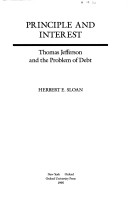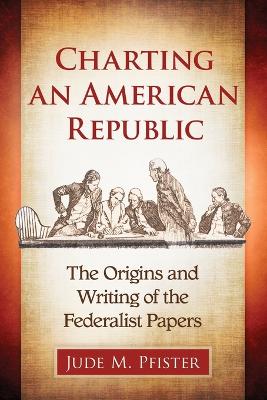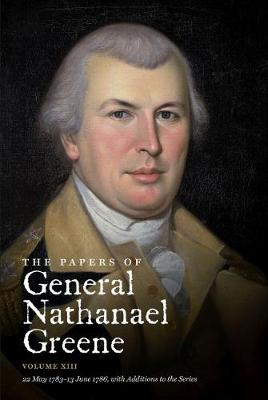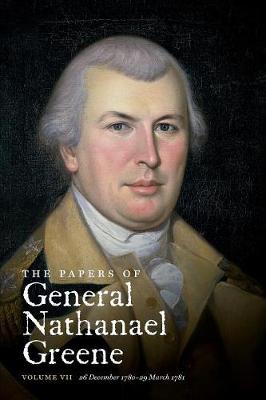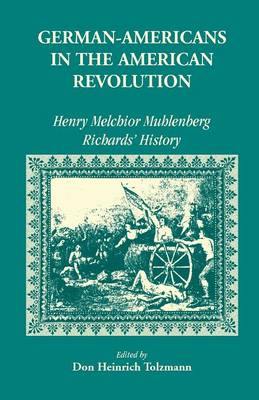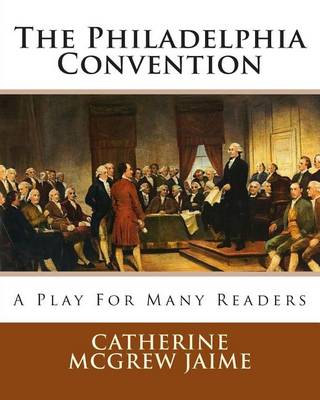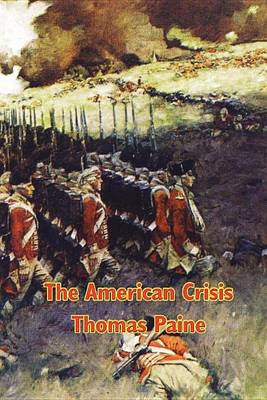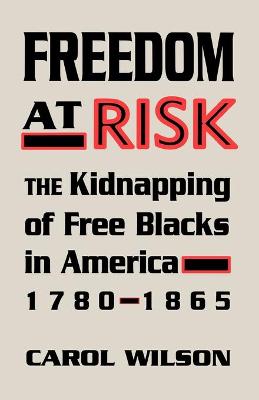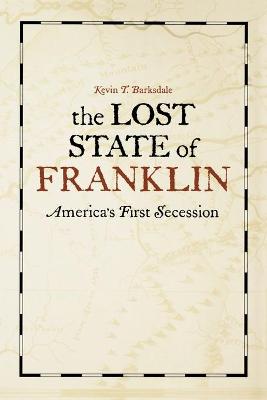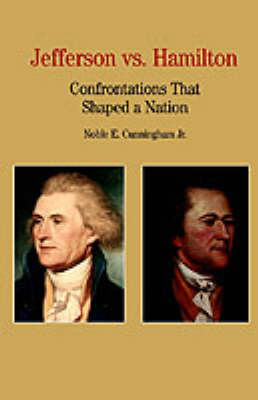Minutes of the Commissioners for Detecting and Defeating Conspiracies in the State of New York
by Victor Hugo Paltsits
Jefferson's diverse scientific pursuits; Though we most often think of Thomas Jefferson as president and statesman, he is also recognized, in the words of the late Dumas Malone, "as an American pioneer in numerous branches of science, notably paleontology, ethnology, geography, and botany." In this fascinating book, Silvio Bedini explores his wide-ranging mathematical and scientific pursuits. Taught surveying by his map-making father, Jefferson developed an interest in measurement and observatio...
This major new work looks at what debt meant to Thomas Jefferson and how that affected his political career and the early history of the American Republic. Sloan argues that Jefferson was always obsessed by debt: in the public sphere because he felt that it robbed people of their independence, and in the private because he was dogged by debt throughout his life. The book depicts Jefferson as a typical representative of the Virginia gentry, subject to debt during this period, but also as a tirele...
With the American revolutionaries in discord following victory at Yorktown and the Paris Peace Treaty of 1783, the proposed federal Constitution of 1787 faced an uncertain future when it was sent to the states for ratification. Sensing an historic moment, three authors - Alexander Hamilton, James Madison and John Jay - circulated 85 essays among their fellow statesmen, arguing for a strong federal union. Next to the Constitution itself, the Federalist Papers are the most referenced statement of...
This thirteenth and final volume of the series devoted to the papers of General Nathanael Greene includes correspondence to and from Greene from the end of the Revolutionary War up to his death in June 1786. It concludes with an epilogue and an addendum of forty-six documents that have come to light since the volumes in which they would have appeared have been published. The documents presented here trace the dismissal of the Southern Army and details of salutes offered to Greene by the citizen...
The seventh volume of the Papers of Nathanael Greene documents a crucial period of the American Revolution in the South. In the first months of 1781, Nathanael Greene, who had taken command of the Southern Army only weeks before, initiated the campaign that would ultimately free the South from British occupation. These months saw the pivotal engagement at Cowpens, the 'Race to the Dan' - in which Greene's army marched the breadth of North Carolina with the British in close pursuit - and the clim...
German Americans in the Revolution (Heritage Classic)
by Don Heinrich Tolzmann
The Alien and Sedition Acts of 1798 (Witness to History)
by Terri Diane Halperin
In May 1798, after Congress released the XYZ Affair dispatches to the public, a raucous crowd took to the streets of Philadelphia. Some gathered to pledge their support for the government of President John Adams, others to express their disdain for his policies. Violence, both physical and political, threatened the safety of the city and the Union itself. To combat the chaos and protect the nation from both external and internal threats, the Federalists swiftly enacted the Alien and Sedition Act...
Relieve Us of This Burthen is the first book-length study of Continental soldiers, officers, and militiamen held as prisoners of war by the British in the South during the American Revolution. Carl P. Borick focuses his study on the period 1780 82, when British forces most actively campaigned in the South. He gives a detailed examination of the various hardships of imprisonment and efforts to assist and exchange prisoners while also chronicling events and military policies that affected prisoner...
The American Crisis (Founding Fathers Collection, #4) (American Crisis)
by Thomas Paine
Thomas Paine wrote the American Crisis in an effort to justify the American Revolution and to bolster the moral of the Continental Army. THESE are the times that try men's souls. The summer soldier and the sunshine patriot will, in this crisis, shrink from the service of their country; but he that stands it now, deserves the love and thanks of man and woman. Tyranny, like hell, is not easily conquered; yet we have this consolation with us, that the harder the conflict, the more glorious the triu...
Kidnapping was perhaps the greatest fear of free blacks in pre-Civil War America. Though they may have descended from generations of free-born people or worked to purchase their freedom, free blacks were not able to enjoy the privileges and opportunities of white Americans. They lived with the constant threat of kidnapping and enslavement, against which they had little recourse. Most kidnapped free blacks were forcibly abducted, but other methods, such as luring victims with job offers or falsel...
The Lost State of Franklin (New Directions in Southern History)
by Kevin T. Barksdale
Amid the economic turmoil, Native American warfare, and political unrest following the Revolutionary War, the leadership of the Tennessee Valley declared their region independent from North Carolina and formed the state of Franklin. In The Lost State of Franklin: America's First Secession, Kevin T. Barksdale chronicles the rise and fall of the ill-fated Franklin statehood movement. Barksdale describes the dramatic four years in which the Franklinites crafted a backcountry bureaucracy, expanded t...
Thomas Jefferson Versus Alexander Hamilton (Bedford Series in History & Culture (Hardcover))
by University Noble E Cunningham, Jr.




